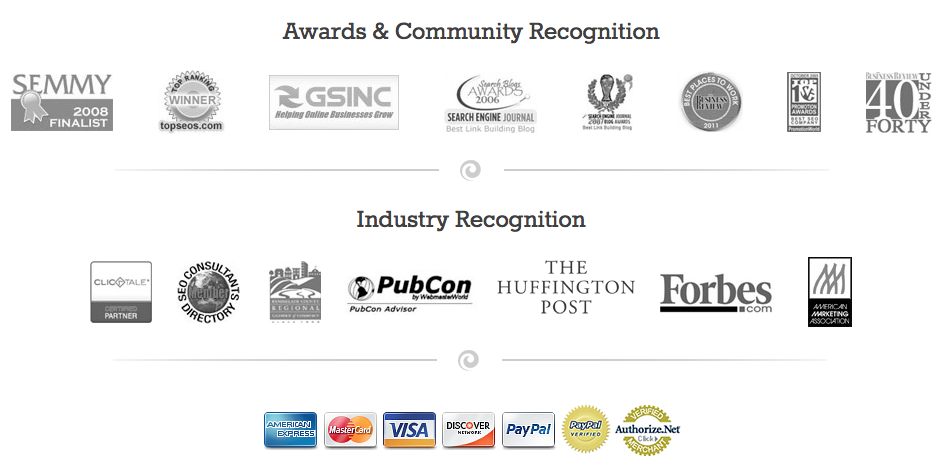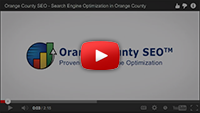Good Links vs. Bad Links: What is the Difference?
One thing that a good SEO firm in Orange County understands is links. Unfortunately, some SEO marketing has focused on volume instead of quality in links, and this means that there are some very poor linking strategies out there that Penguin and Panda have recently targeted. Understanding negative SEO can help you be a better link creator and avoid the pitfalls of bad linkage.
Orange County SEO can help you with SEO link building services that take advantage of all types of “good” SEO strategies to keep your web pages clean.
Basically, there are three types of links that an SEO manager can create: links that are good, links that are bad, and links that are ignored. Many links fall into the latter category; they neither help nor hurt your marketing strategy because search engines pretend they do not exist.
Search engines use mathematics to rate links and expect to see them fall into a range of acceptability in terms of their compliance with the search engine’s rules. If you far exceed the mean percentage of links, your site is going to be labeled as manipulative. If you fall far below the mean, you are probably just ineffective or irrelevant.
What Are the Types of Links I Can Use?
There are several categories of links, all of which can be included in your webpages to draw interest and viewers. Here is a look at the different types and what constitutes each one.
- Anchor Text. These links determine the relevance of your site. You want to maximize the use of keywords in your anchor text to boost your relevance in the search engine’s eyes.
- Reciprocal Links. Link trading has been around for ages, and search engines have always eyed it askance. However, this does not mean that you cannot share links with a viable website that reciprocates your efforts. It simply means you cannot just “buy” links to boost your website ratings.
- Directory Links. Be careful of scam artists who want to sell you directory network inclusion. You should be in directories that are directly related to your business. If you are a physician, you want to be included in a list of doctors in your area. You do not want to pay $25 for the privilege of being listed in some bogus website that promises traffic or results. Search engines tend to ignore these. Focus on offers from professional organizations or recognized and trusted sources.
- Links in Content or Blog Networks. Stay away from content networks for the most part; they are too easy to manipulate. Instead, focus on getting into the best and most trusted networks—a privilege you will have to earn.
- Article Sites. These are not to be confused with a well-run blog and are generally a waste of time as far as Google is concerned.
- Press Release Links. Use PRs only as a part of a well-crafted advertising campaign and not because you can easily publish to or link from a PR site.
- Blog Rolls. Consider these as one link per site and understand that they have limited SEO value.
- Text Links. While there are legitimate text link services, be wary of one that wants to publish on every page.
- Badges and Apps. If you are going to use this strategy, be sure to add NoFollow to any links to indicate to Google that you are not using it as an SEO tactic only.
- Infographics. Google is toying with the idea of suppressing infographics, because so many of them are only for regurgitation of unoriginal content. If you have original and relevant graphics, do not take them down, just do not count on them for instant ratings boosts.
- Social Media. This is a great source for links, especially if you consider the source of the social media. For example, Google+ posts have higher relevancy with Google than Facebook, while Facebook has a better relationship with Bing.
- Forum Posts. Spam has taken over some, but not all, forum communities. You have to be careful and consider the quality of the forums when you use this technique.
- EDU and GOV Links. These links are valuable not so much for their search engine rating but for the validity and relevance of their content. However, if you trick your way into a link, count on being found out.
- Links in Content. Content links are still your best bet. Good blog links to relevant content, even if they are not 100 percent organic, allow you to build a high ranking with the search engines.
Orange County SEO can give you tips on using links to your advantage and help you construct good search engine optimization strategies.
















